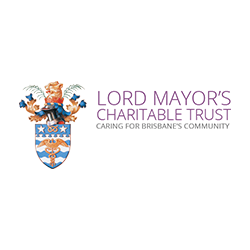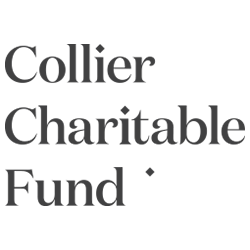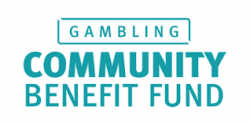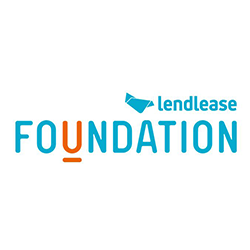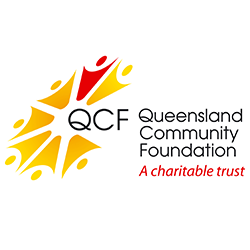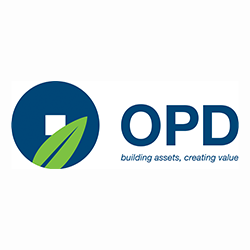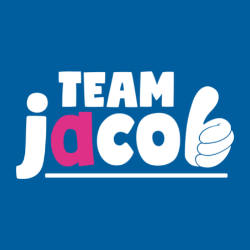
Studies of the worlds great entrepreneurs and leaders have discovered that they share ‘productive paranoia’. They are great at predicting worst case scenarios and being the devil’s advocate. They’ll even ask others for their opinion on everything that could go wrong to make sure they’ve covered every base in their planning for success. Leaders catastrophise to decrease stress, but not everyone experiences it as comforting. Most people find catastrophising stressful, often to the point of overwhelm, yet it happens a lot.
What makes the difference between healthy and unhealthy worrying?
Feeling helpless or empowered can depend on how we manage catastrophising (i.e. the worry wart syndrome). The differences lie in the ‘fact finding’ process. Feeling helpless and fearful about, “What if…?”, comes from a lack of evidence gathering. People regularly overestimate how accurate their predictive abilities are, often basing their assumptions on past experiences, which are no longer relevant or real. In addition, the more horrifying an imagined prediction is, the more engrossed the mind becomes and the easier it will believe it’s real. e.g. someone who is terrified of spiders will imagine dying a horrible death from even the tiniest spider yet not look after their health to prevent much more predictable and likely chronic illness. Imagination gravitates to the most gruesome, devastating, fearful outcomes, not the most likely. Leaders know this and therefore don’t panic or feel overwhelmed. How can we learn from them?
Become more scientific like Sherlock Holmes…
If you or someone you know is experiencing overwhelm, it’s time to look for the most likely, predictable outcomes. Based on what you know; strengths, weaknesses, resources and past experiences, how likely is the most feared outcome? If the worst case scenario were to come true, how could you put protective buffers into action now to prevent it from happening? Base your fears on well-founded research and predictable outcomes as well as imagination. Overwhelm will rapidly decrease and positive action is likely to result in the form of long-term, sustainable, healthy habits of both mind and body. Imagination - make it a friend not a foe.
In summary:
- Leaders and entrepreneurs suffer from ‘productive paranoia’ to achieve success.
- Imagination loves graphic and gruesome stories and will more likely believe these than less dramatic ones.
- Make your imagination a friend by applying a little scientific process to prediction.
“To fight fear - act. To increase fear - wait, put off, postpone.” David Joseph Schwartz
About the authors: Bare Hands is run by allied health professionals committed to helping women embrace positive change by providing access to practical education. To find out more give us a call, email us or visit www.barehands.com.au





